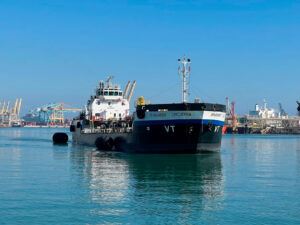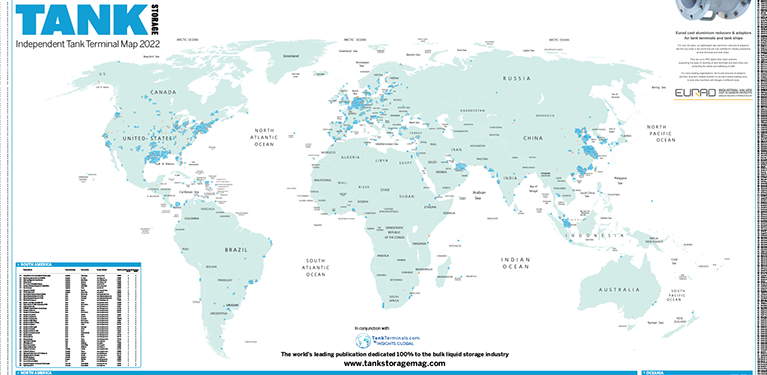Supplier of energy for maritime transport in Spain, Cespa, has undertaken the largest supply of second-generation biofuels to date at the Port of Barcelona, Spain.
This operation, conducted on a 350-meter-long container vessel operated by Hapag-Lloyd in the Mediterranean, marks the energy company’s inaugural venture in Barcelona and positions the Port of Barcelona as a key player in the decarbonisation of maritime transportation.
The supplied biodiesel contains a 24% sustainable component, which will prevent the emission of 2,860 tons (2594.548 tonnes) of CO2, equivalent to planting 34,300 trees. This biofuel has been produced from used cooking oils.
Samir Fernández, director of Marine Fuel Solutions at Cepsa says: ‘Second-generation biofuels can be used in ships without the need for modifications to their engines, and they have a high potential for reducing CO2 emissions compared to conventional fossil fuels, achieving a reduction of up to 90%, which makes them an ideal immediate solution.’
The use of biofuels enables shipping companies to stay ahead of the objectives of the European Union and the International Maritime Organization (IMO).














